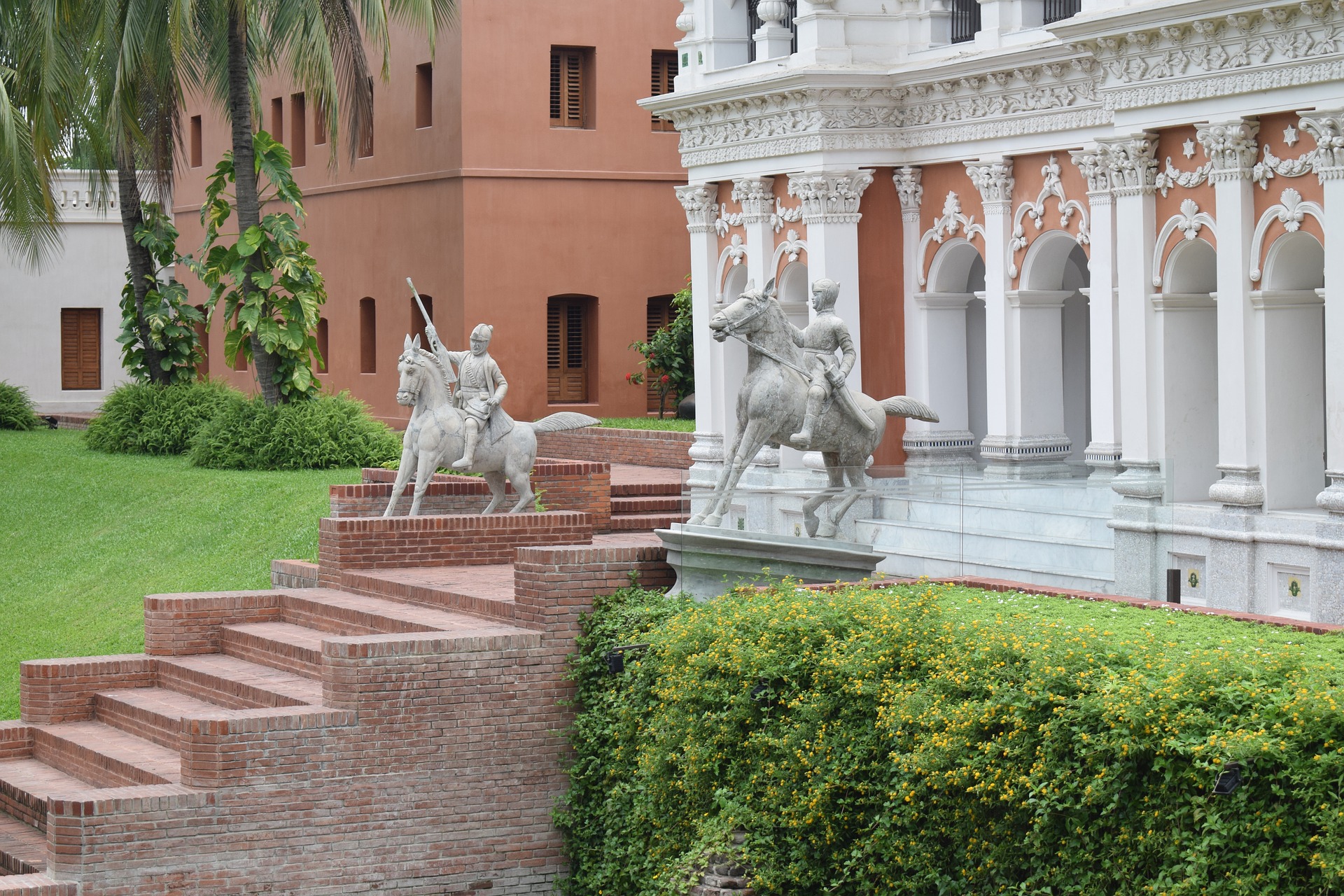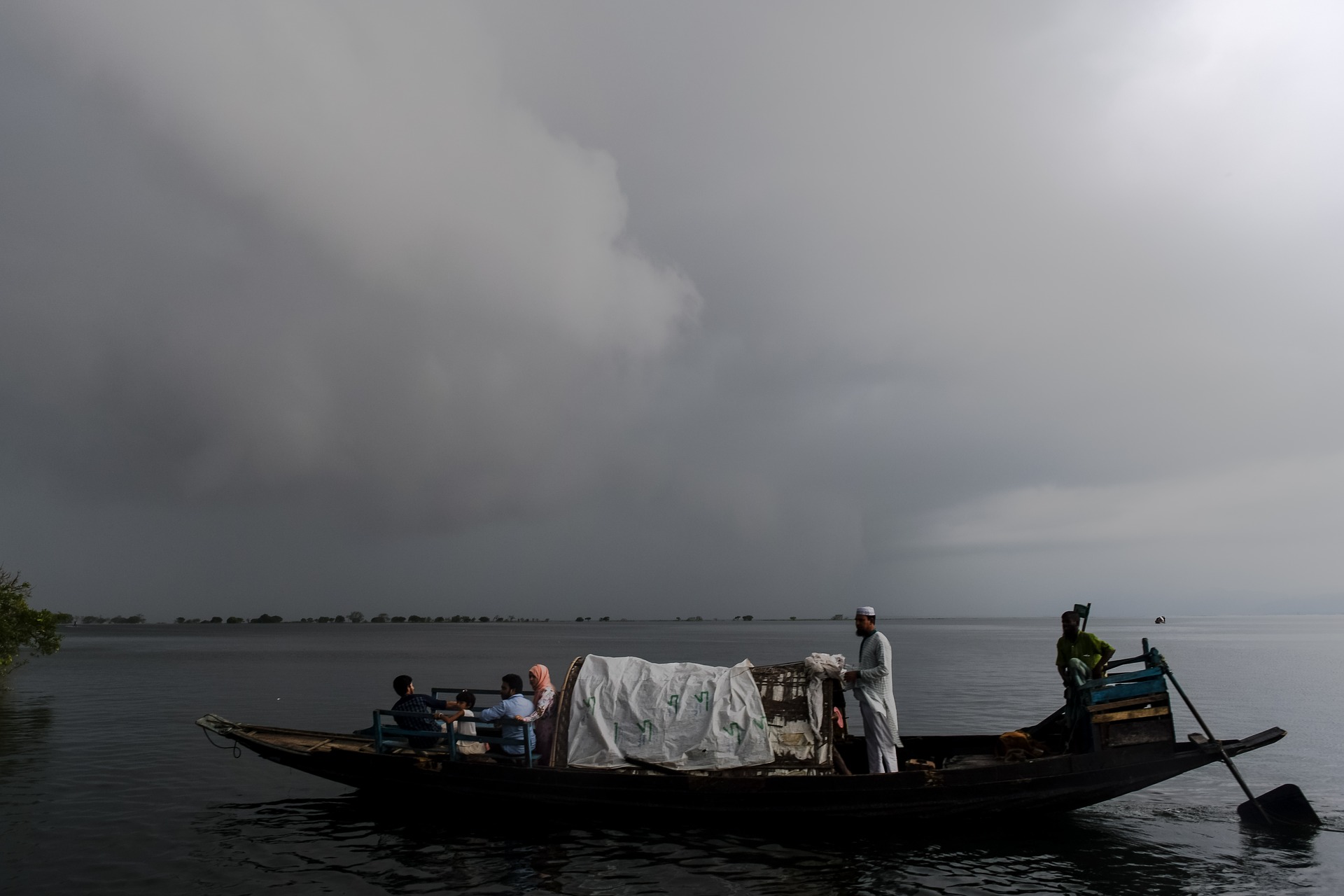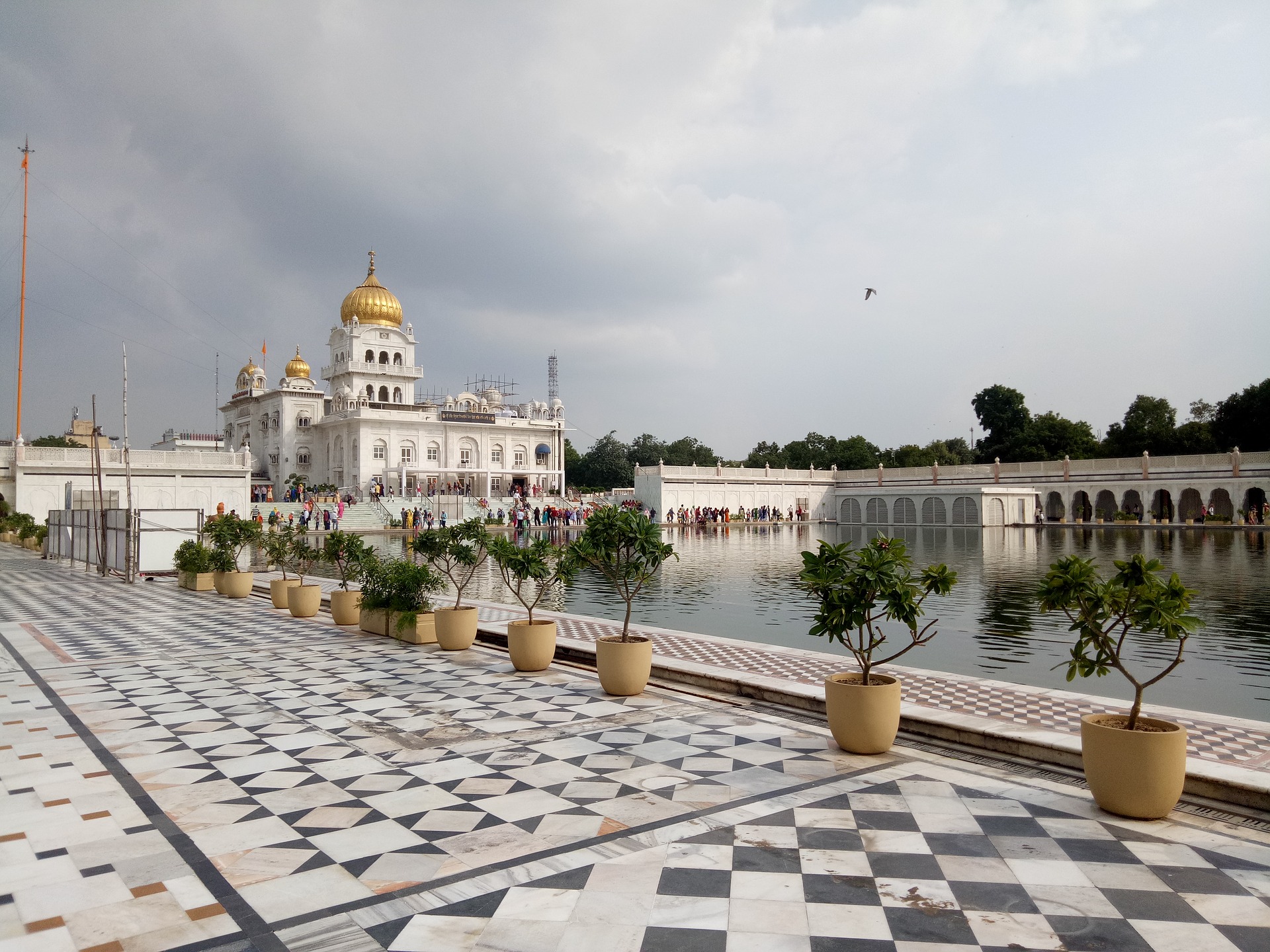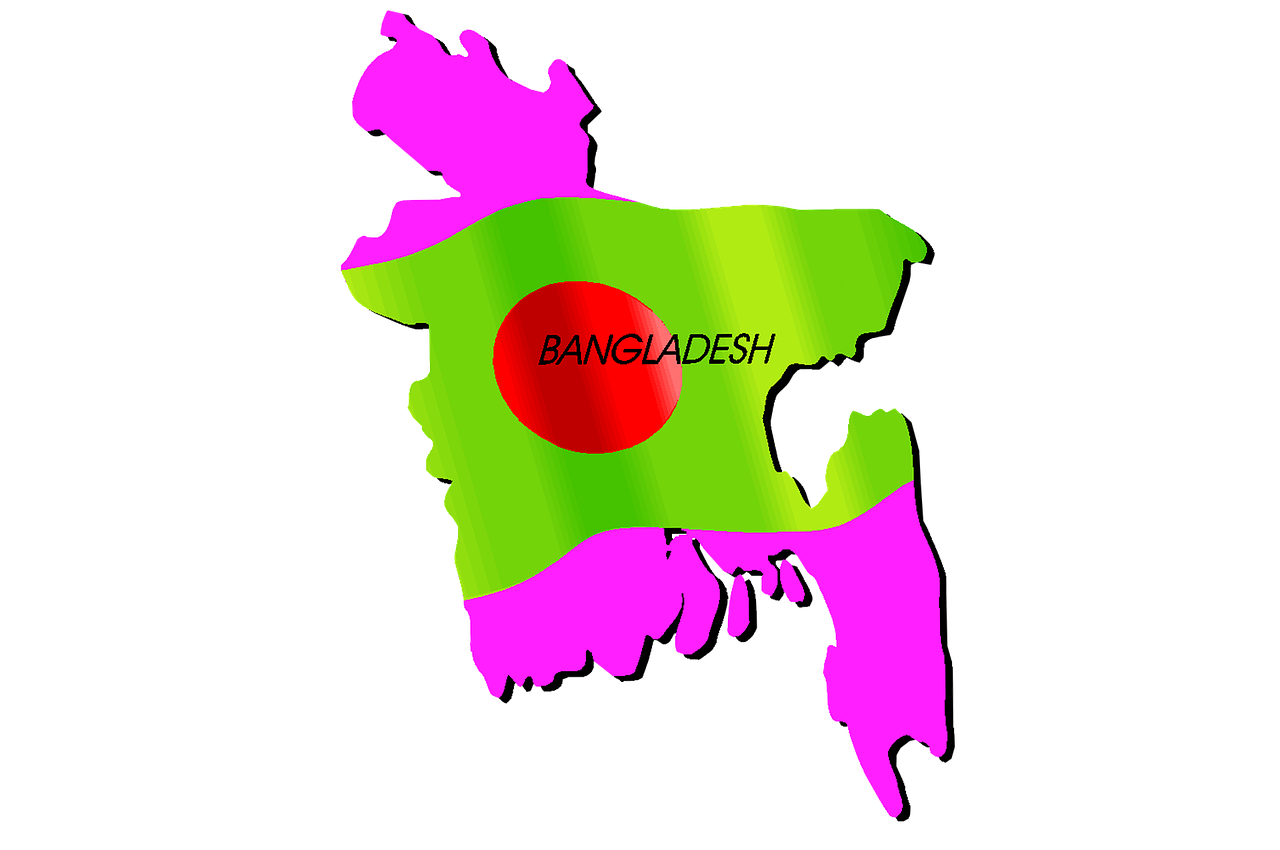
In modern times, many developing countries, including Bangladesh, have mixed economic systems. In this system, the public sector and the private sector coexist in the economic activities of the country. The position of the public and private sectors in the country's economy has created a competitive environment rather than a monopoly on economic activity. As a result economic development is accelerated.
Sectors of Economic Development of Bangladesh Bangladesh is a developing country in the third world. The economy of this country is dependent on agriculture.
Agricultural production and Bangladesh is an agricultural country. The importance of agriculture in the national income of this country is immense. 51.89% of the country's labor force is directly involved in agriculture. The combined contribution of agriculture and forestry to GDP in 2005-06 was 16.96%. The amount of cultivable land in Bangladesh is 1 crore 98 lakh acres. Paddy, jute, tea, sugarcane, tobacco, cotton, silk etc. crops are regularly produced in this country. Agriculture is the largest productive sector in Bangladesh.
Transport and Transportation and the role of transportation system in the economy of Bangladesh is immense. There are four types of transport in the country - roads, railways, waterways and airways. At present there are 3 in the country. There are 8 international and 7 domestic airports. There are postal and telecommunication systems for communication. The contribution of transport and transportation system to the GDP in 2005-06 was 10.06% and the growth rate was 7.98%.

Financial institutions and services and the banking, insurance and services sectors have important contributions to the economy of Bangladesh. At present there are 46 scheduled banks in the country. There are 4 state-owned banks, 5 specialized banks, 9 foreign banks and 30 local commercial banks. There are also various financial institutions. In the fiscal year 2005-06, the GDP of financial institutional services was Rs. 4,608 crore while the growth rate was 7.50%.
Financial institutions and services and the banking, insurance and services sectors have important contributions to the economy of Bangladesh. At present there are 46 scheduled banks in the country. There are 4 state-owned banks, 5 specialized banks, 9 foreign banks and 30 local commercial banks. There are also various financial institutions. In FY 2005-06, the GDP per capita production of financial institutional services was Rs. 4,606 crore while the growth rate was 7.50%.

Education and education are the basic rights of the people. Education is considered as a productive sector. Only an educated society can play an important role in increasing the productivity of the country in the future. Along with general education, the rate of technical and vocational education has increased in the country at present. The contribution of the education sector to the GDP in 2005-06 was 2.49%.
Bangladesh has been regularly participating in foreign trade since import and independence. Since Bangladesh is not self-sufficient in the production of food products, various products from India, China, Europe and America are imported every year. Imports. Bangladesh's imported goods include food grains, fruits, medicines, paper, electronics and manufactured goods. In the fiscal year 2005-06, the country's meats were imported at a cost of 14,646 million.

Export 5 Bangladesh earns a lot of foreign exchange every year by exporting jute, tea, frozen food, readymade garments, leather, chemicals, knitwear etc. In the fiscal year 2005-06, the export revenue of the country was 10,526 million US dollars.